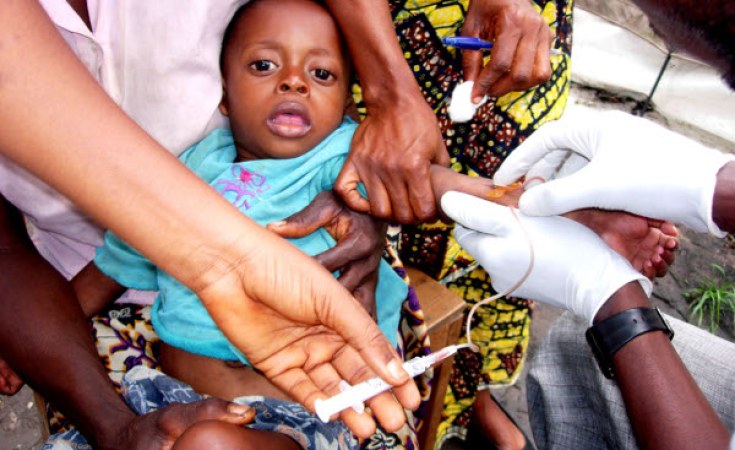Delegates from four African health ministries taking part in this month's 38th Annual International Conference on Global Health described how leadership and country-led development are helping to improve health outcomes.
The delegates, from Mali, Ethiopia, Senegal and Sierra Leone, were traveling on behalf of the Ministerial Leadership Initiative (MLI), which was asked by the Global Health Council to hold a special session on health leadership at the conference.
MLI is a non-governmental program that supports ministries of health to advance country-led development in the areas of health financing, donor harmonization and reproductive health. A four-year program in the five countries, MLI aims to help improve country-led development by focusing first on country leaders articulating a clear and compelling vision. Nepal is the only non-African country taking part in the program.
Health ministers, doctors and others spoke to a packed room of 400 people and answered questions from the audience at the health conference, which took place in Washington last week.
"The response was great," said Sarah Lindsay, MLI program assistant. "We were really pleased with the outcome."
Delegates who spoke to AllAfrica emphasized the importance of development in the health sectors in their countries being led by the countries themselves.
"The main reason free healthcare in Sierra Leone succeeded is due it being country-led and country-driven," said Dr. Samuel A.S. Kargbo, director of reproductive health in Sierra Leone's Ministry of Health and Sanitation. "Even the origin of it all - it was not something that was brought down to us. It led to greater commitment on all sides."
Kargbo and the other delegates talked about the challenges of rehabilitating health systems to help provide free healthcare for women and children in their nations - where rates of child and maternal mortality are among the world's highest. The delegates also spoke of the difficulties associated with a lack of human resources, especially in rural areas.
Donors attending the Washington conference appeared to like what they were hearing.
"I'm happy to say that not only are we in agreement about the importance of country ownership, the U.S. government is taking very significant, very specific steps to be better partners with countries," Amie Batson, deputy assistant administrator for global health at the U.S. Agency for International Development, told the audience.
She said frequently countries have "run into a bit of a wall" with technical and donor partners who might have other ideas about the best way to deliver health services.
"We will always have some differences," she said. "But what we're striving for is that those differences have value, that we'll have a constructive dialogue about how to approach different things rather than the 'lets go separate ways' dialogue."
She said donors could play an important role of helping countries keep the focus on goals that may not be politically popular and in holding leaders accountable in a global arena in ensuring that promised services are delivered.
Lindsay said it was not yet clear whether the program would expand to other countries, although several have expressed interest in participating. Funding by the Bill & Melinda Gates Foundation is up at the end of the year.


